Chinese auto sales hit record levels last year – both at home and abroad. Automakers like BYD and Geely saw exports grow 400% since the beginning of the decade, making major inroads in markets like Europe and Latin America. For now, only a handful of Chinese vehicles are sold in the U.S., the Biden administration quadrupling tariffs last year. But a new study shows many American buyers eagerly hoping to see the market open up, with younger motorists particularly interested in Chinese vehicles.
Until a few years ago, the Chinese vehicle market was largely dominated by foreign-owned brands like General Motors, Volkswagen and Toyota. Since the beginning of the decade, however, domestic Chinese manufacturers have gained significant traction in the world’s largest automotive market.
They’ve also grown rapidly as China becomes a major vehicle exporter, foreign sales growing fivefold since 2020, to about 5 million. Most of that growth has come from domestic brands like Zeekr, Great Wall and BYD.
Could we see the same surge in the U.S.? Right now, hefty tariffs enacted during the Biden administration limit availability. But American motorists seem anxious to get their hands on Chinese-made vehicles. More than half of those under 40 would consider products like the Zeekr 007 or BYD Shark, according to a new study by research firm AutoPacific, Inc.
Interest grows in Chinese vehicles
Chinese automakers have hinted at plans to enter the U.S. market for more than a decade. But it’s only recently that they’ve developed the sort of affordable, yet high-quality and high-tech products that appear to be connecting with American motorists, AutoPacific CEO Ed Kim told Headlight.News.
That’s the sort of formula that connects with young buyers, he added, AutoPacific’s latest annual study found 57% of those under 40 years of age who are either now in-market or soon planning to look for a vehicle would seriously consider a Chinese brand.
The figure, Kim noted “goes down with each 10-year age break.” For those in their 40s it’s 45%, while 31% of those in their 50s would consider going with a Chinese vehicle. Among those in their 60s, he said, “It plummets down to 15%, and then 9% for those in their 60s.”
An “existential threat”
But Kim stressed that those 40 and younger are soon expected to make up the largest cohort of new vehicle buyers. That means that Chinese brands could rapidly grow as a collective force in the American marketplace, rivaling what was seen with Japanese brands in the 1970s and 1980s; as well as with Korean marques more recently.
That is already apparent in some markets in Southeast Asia and Latin America – BYD rapidly becoming a major force as nearby as Mexico. Chinese brands have even cracked the code in Mexico with low-cost offerings like the BYD Shark pickup.
“here is an existential threat to existing automakers when so many young buyers are willing to consider Chinese vehicles,” warned Kim.
More Chinese Car News
- Ford CEO Farley: Chinese Auto Industry a Threat to U.S. Automakers
- Detroit Automakers Watch as Their Sales Collapse in China – and the U.S. Could be Next
- Tesla Strikes a Delicate Balance Between the U.S., China – and Trump
Breaking through the Great Wall
Right now, only a handful of Chinese-made vehicles are available in the U.S., most notably the Volvo EX30, that automaker’s most affordable battery-electric model. And Volvo is swallowing the hefty tariffs that were enacted by the Biden administration last year that effectively double the price of Chinese EV imports.
Industry observers say they don’t expect to see many other Chinese-made vehicles reach U.S. showrooms in the near-term unless the new Trump administration has a change of heart. If anything, the 47th president has indicated he will increase tariffs on foreign-made vehicles, including those coming in from long-time trade partners Canada and Mexico.
There is, of course, the possibility that the U.S. and China could strike some sort of deal. Alternatively, brands like BYD and Geely could decide to set up assembly operations in the States, sidestepping import restrictions.
“They will, no doubt, find a way here,” said Kim. And, when they do, he said, it appears they will find a ready market among the young auto buyers who will dominate the American market going forward.

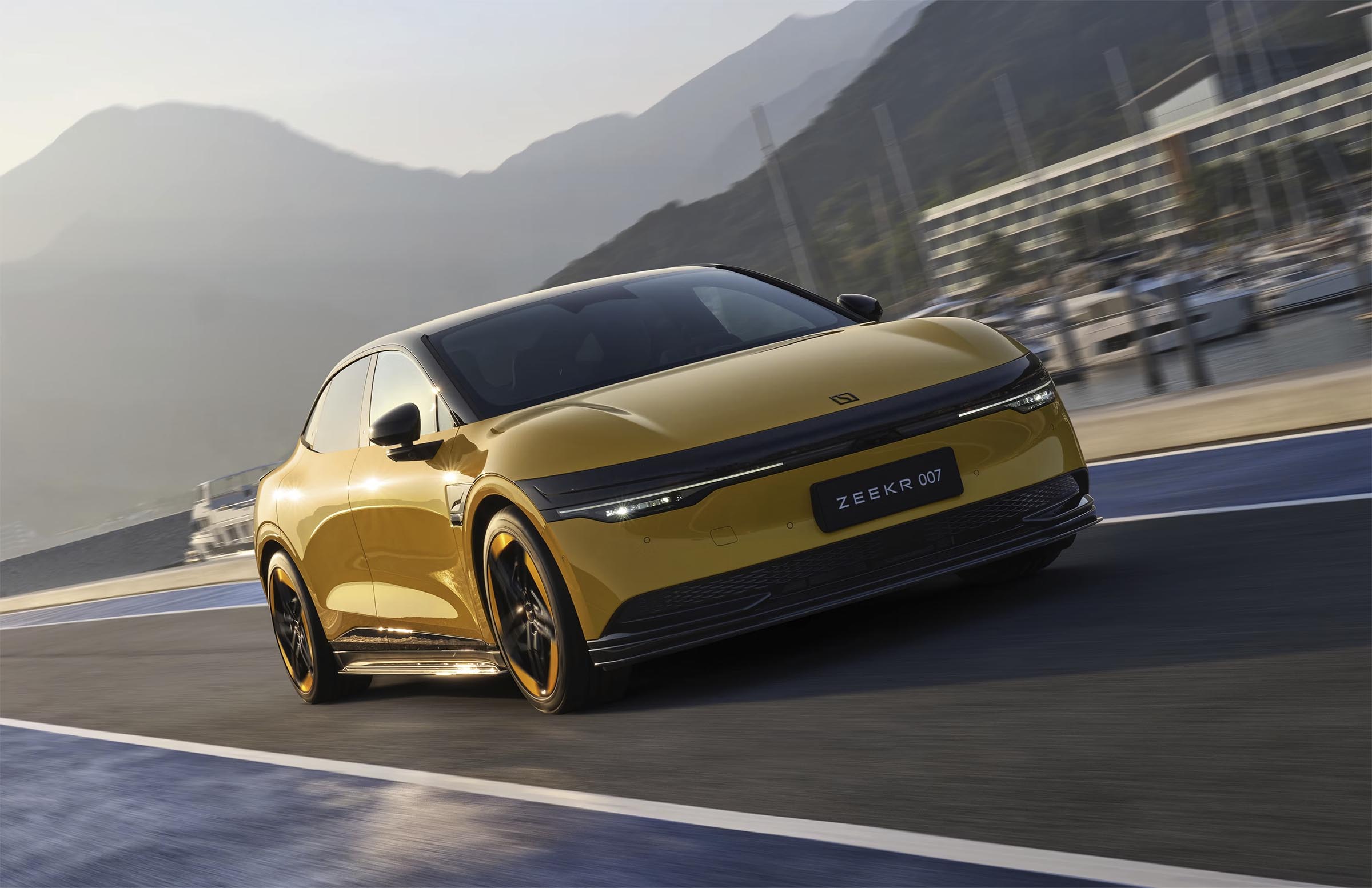
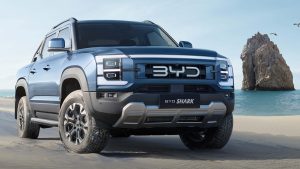
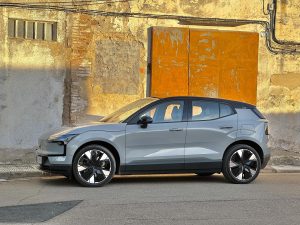
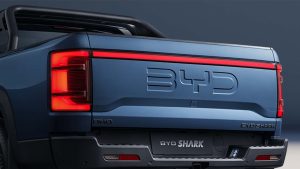
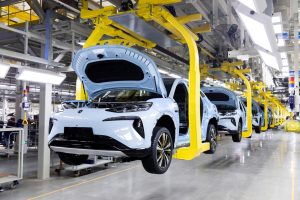
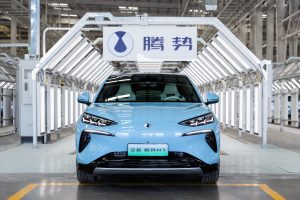



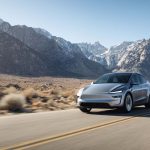
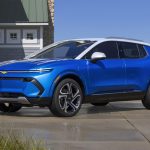


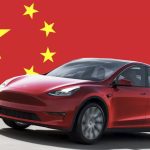
0 Comments